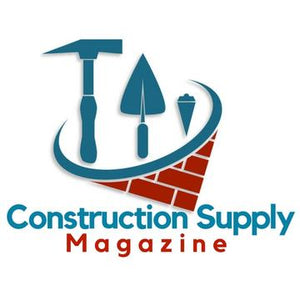New Jersey Imposes Additional Requirements on Construction Project Sites

The landscape of statewide executive orders that affect construction continues to change throughout the COVID-19 pandemic. On April 8, 2020, New Jersey’s governor issued Executive Order No. 122; the executive order closes some non-essential construction projects and imposes limitations on essential projects. The executive order can be found here.
The list of essential projects under the executive order is broad, so most construction is permitted to continue, with the exception of commercial office buildings and some early stage residential buildings. However, New Jersey now requires essential and allowed non-essential construction projects to comply with the CDC safety recommendations. Such recommendations will certainly result in altered construction practices at New Jersey project sites.
In essence, the executive order seeks to minimize unnecessary contact between individuals to the extent safely possible. It does so by limiting gatherings and persons permitted on the project site. The executive order also requires changes to project site logistics to ensure that employees are not entering/exiting the project site at the same time or concurrently utilizing common areas. Finally, the executive order imposes requirements on employers to provide employees with cloth masks and gloves and to frequently sanitize the work site.
The executive order mandates that all construction projects permitted to remain open adapt the following practices:
- Prohibit non-essential visitors from entering the project site;
- Limit worksite meetings and workgroups to less than 10 individuals;
- Require individuals to be at least six feet apart when possible;
- Stagger work start/stop times to limit individuals from entering and leaving the job site at the same time;
- Stagger breaks and work times to safely continue work on the project with minimum amount of employees;
- Restrict individuals from accessing common areas at the same time;
- Require workers to wear cloth masks and gloves when safely possible, provided at the employer’s expense;
- Require regular handwashing, coughing/sneezing etiquette, and tissue disposal;
- Limit tool sharing, equipment, and machinery; and
- Provide hand sanitizer and wipes and also frequently sanitize high-touch areas.
This new order is an example of the evolving response to the COVID-19 pandemic and its effects on the construction industry. For strategies on responding to and documenting impacts from these government actions and COVID-19 in general, please refer to our previous client alert, COVID-19 Strategies for the Construction Industry. Additionally, follow Cozen O’Connor’s COVID-19 website for new updates.
